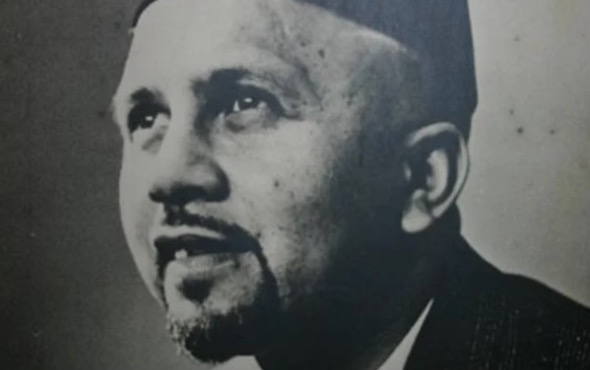The Second Inquest of the Imam Abdullah Haron Case: Judge’s Verdict, Family Response
As a result of the political work that he undertook, Imam Haron was monitored by the Special Branch according the court records. During May 1969, he was apprehended and incarcerated under the Terrorism Act. He was taken to Cape Town’s Caledon Square where he was imprisoned for 123 days and was held in solitary confinement. On the 27 September 1969, he was found dead in the Maitland police station cell.
The Imam’s family was convinced that he was brutally murdered; in fact, when the Imam’s body was returned to the family home and when they were busy washing his body, they witnessed the deep scars that were caused as a result of continuous torture. The result of the public outrage forced the apartheid state to give in; and the first inquest took place in 1970 a few months after the Imam’s killing.
The outcome of that inquest was pathetic; for that investigation, the apartheid state appointed a team of individuals such as a magistrate, a prosecutor, and medical specialists to aid the state against Senior Counsel Cooper who acted on behalf of the family; as expected the state’s pathetic defence team did not find anyone guilty of having committed the Imam’s murder and all the accused were not found not guilty.
Decades after this questionable outcome, the Foundation for Human Rights took up the Imam Haron case to establish that there was wrong-doing. After much deliberations between the Haron family and FHR lawyers an agreement was reached to have the inquest reopened.
During 2022, the first part of the second inquest was underway; the expert testimonies tangibly demonstrated that the first inquest’s findings were riddled with lies and that each of those who were involved paper covered the evidence.
The Thulare verdict came as no surprise to the family; they knew – as stated earlier – that the Imam was killed by the Security Branch members. The judgement proved that the Imam was tortured since he was detained in May 1969. Over 123 days, he was regularly interrogated and this resulted him being severely assaulted.
Anyhow, the family members (the Imam’s children) were relieved by the results; the reuling was a partial closure for them and the Cape community. The judgement helped to re-write the history of the Imam’s death and the community’s understanding of how he died; this re-written court record brought relief to them all and Al Jama-ah commends the outcome.


